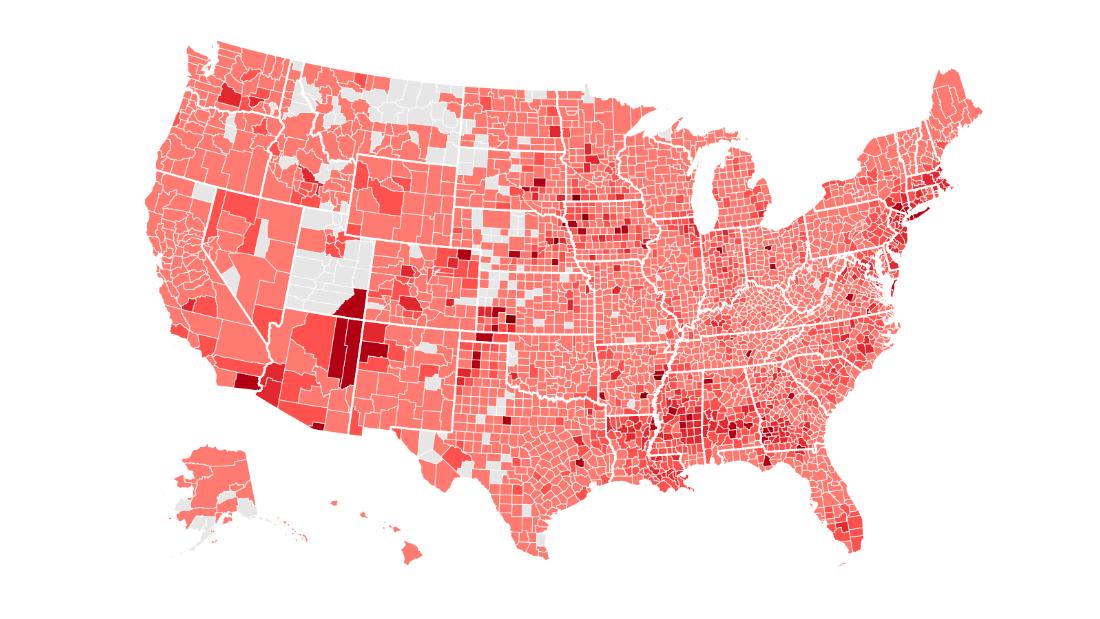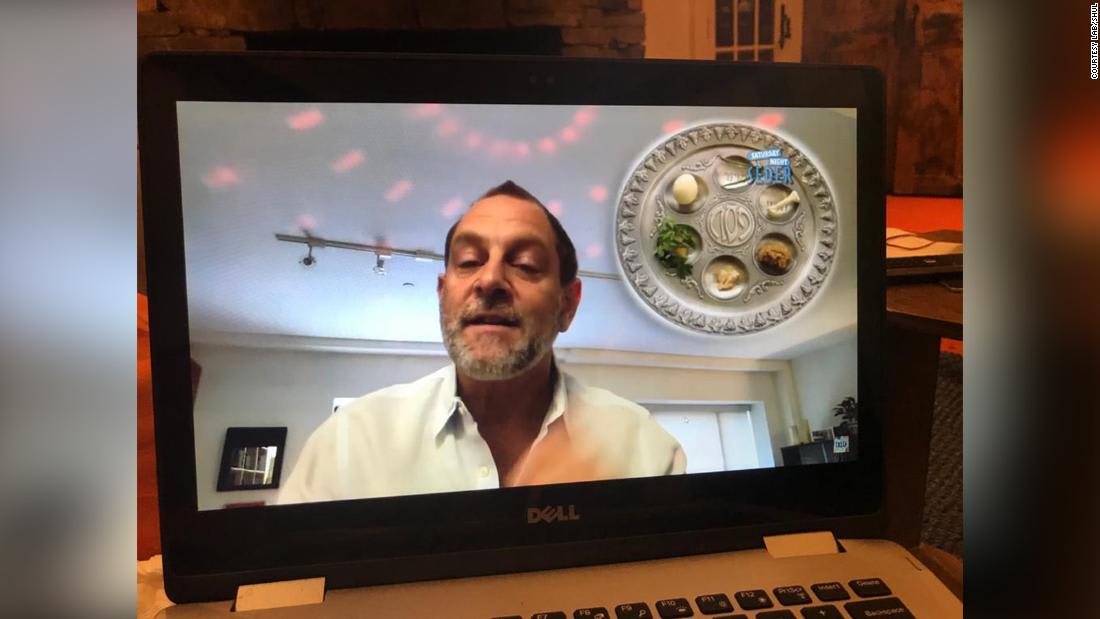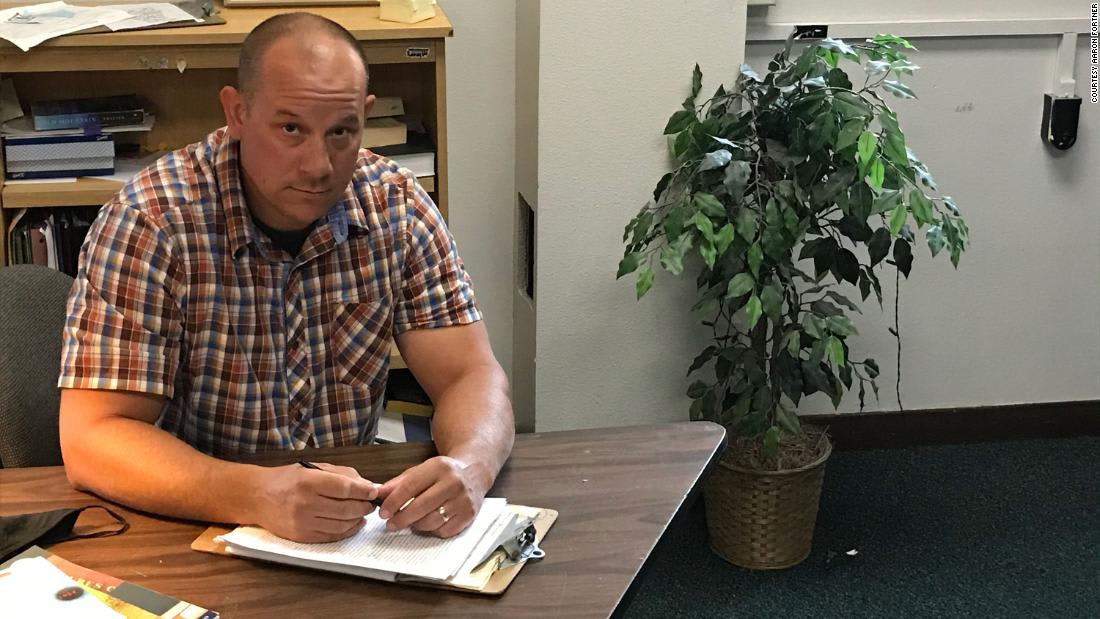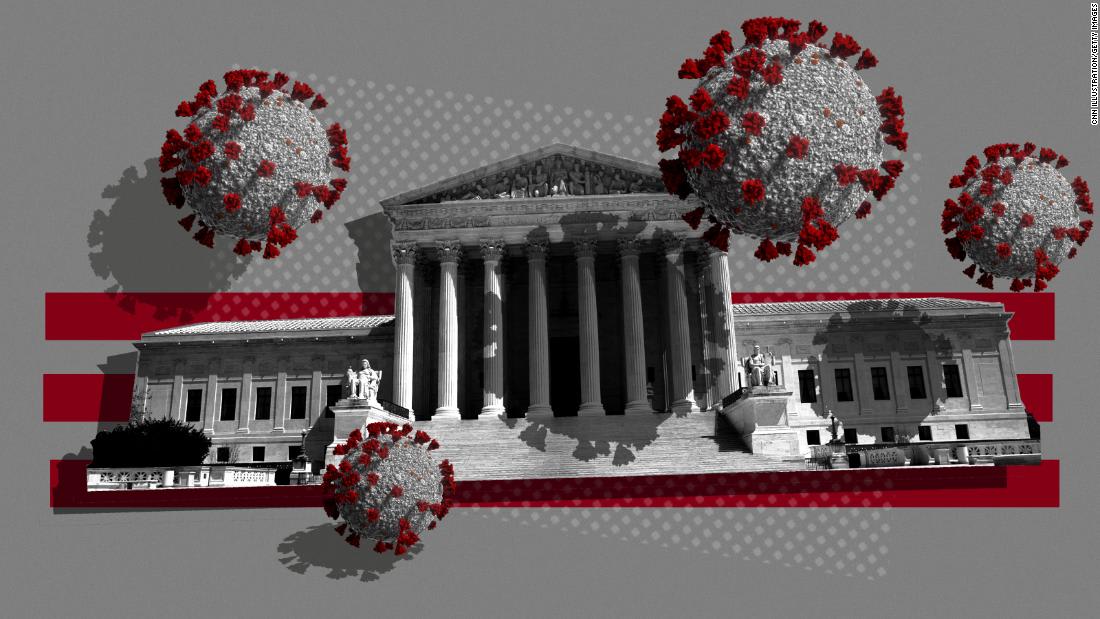Scientists are creating a coronavirus strain that could be used in human challenge trials of a Covid-19 vaccine
From CNN's Dr. Sanjay Gupta, Elizabeth Cohen and Jacqueline Howard
The nation's top infectious disease expert, Dr. Anthony Fauci, confirmed to CNN on Friday that scientists at the National Institute of Allergy and Infectious Diseases are working to create a strain of coronavirus that could be used in human challenge trials of a Covid-19 vaccine.
Fauci, director of the NIAID, described this approach as a "Plan D" – and the work is still preliminary. If needed, such human challenge trials would be in a matter of months at the earliest.
"We’re taking preliminary steps," he said.
Human challenge trials are typically used for when a virus is not widely circulating – the coronavirus is – and therefore, this approach may not be necessary, according to Fauci.
Reuters first reported on Friday that government scientists have begun efforts to manufacture a strain of the novel coronavirus that could be used in human challenge trials of vaccines and some drugmakers — including AstraZeneca and Johnson & Johnson — told the news service they would consider human challenge trials to test Covid-19 vaccines if needed.
CDC’s ensemble forecast now projects nearly 189,000 US coronavirus deaths by September 5
From CNN's Ben Tinker
An ensemble forecast published by the US Centers for Disease Control and Prevention now projects nearly 189,000 coronavirus deaths in the United States by Sept. 5.
The new projections, published Thursday, forecast 188,982 deaths, with a possible range of 181,375 to 201,431 deaths.
Some context: Unlike some individual models, the CDC’s ensemble forecast only offers projections about a month into the future.
The previous ensemble forecast, published Aug. 6, projected roughly 181,000 coronavirus deaths by Aug. 29.
At least 167,029 people have already died from Covid-19 in the United States, according to data compiled by Johns Hopkins University.
Inside the multibillion dollar vaccine race
From CNN's Eliza Mackintosh, Gianluca Mezzofiore and Katie Polglase
 CNN
CNNFour years. That’s the fastest a vaccine has ever been developed -- and most take 10 to 15.
But scientists are now racing to do it in under one.
Dozens of research teams around the world are working to develop a vaccine for SARS-CoV-2, the virus that causes Covid-19, using a mix of established techniques and new technologies.
Funding for a vaccine has never been greater, with billions of dollars pouring in from around the world to make a product that could help to control the pandemic -- but the US, China and Europe have invested the most.
Before even the most vulnerable groups can get a shot in the arm from their family doctor, however, a lot of work needs to be done -- and a lot of deals need to be made.
As the coronavirus continues to accelerate unabated, here’s what it will take to bring a vaccine to the masses and how each of the three biggest players are faring in their quest to make it happen as quickly as possible.
It's just past 1 p.m. in London and 8 a.m. in New York. Here's the latest on the pandemic
The novel coronavirus has infected more than 20 million people worldwide and killed more than 760,000. Here's what you need to know:
California surpasses 600,000 coronavirus cases
From CNN's Stella Chan
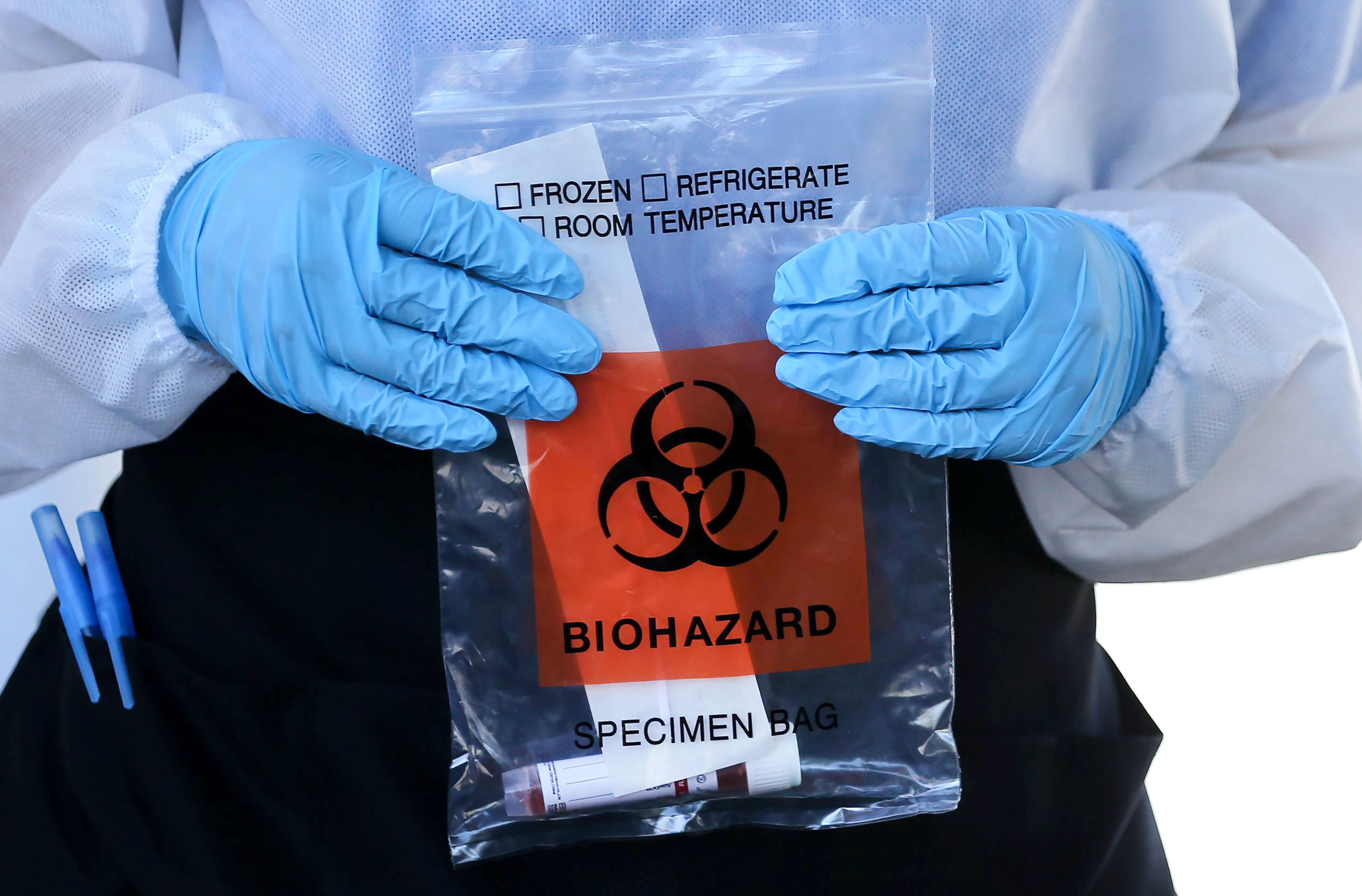 A health care worker in Los Angeles carries a kit at a drive-in Covid-19 testing center on August 11. Mario Tama/Getty Images
A health care worker in Los Angeles carries a kit at a drive-in Covid-19 testing center on August 11. Mario Tama/Getty ImagesCalifornia has now reported 602,997 coronavirus cases, according to Johns Hopkins University -- giving it the dubious distinction of having the most Covid-19 cases of any US state.
At least 10,999 Californians have died with coronavirus since the pandemic began. This number, though high, is far below the 32,805 people who have died in New York state.
Florida and Texas rank second and third on the nation’s case list, with more than 557,000 and 530,000 cases respectively.
Earlier this week, Gov. Gavin Newsom said California's hospitalization and ICU rates were down, describing them as “another indication that we are turning a corner on this pandemic."
CNN's map is tracking US cases:
#Hotspots#
Shabbat dinners go virtual amid the pandemic
From CNN's Ryan Prior
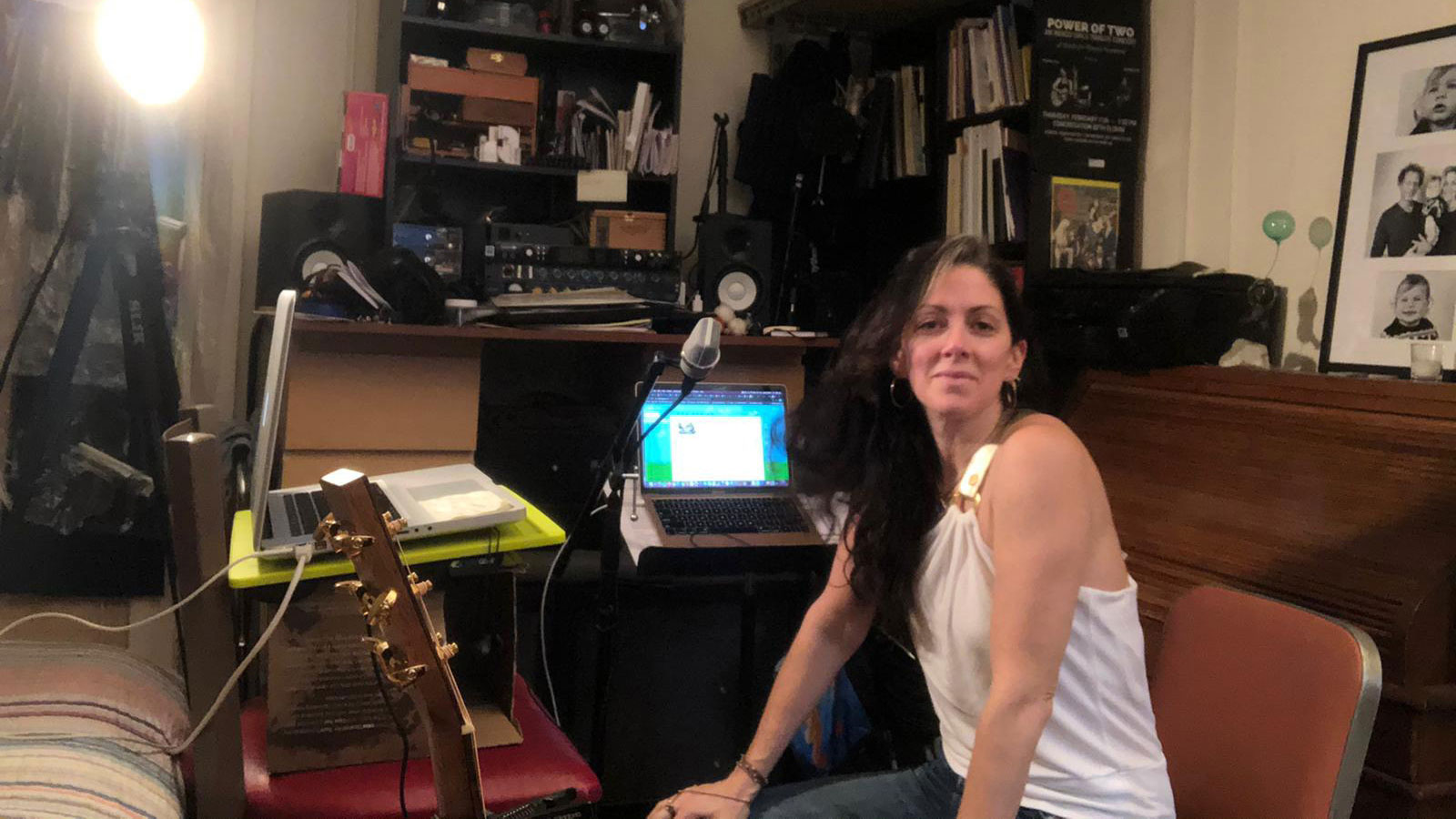 Naomi Less, a ritual leader for Lab/Shul, prepares for one of the group's online services. Courtesy Lab/Shul
Naomi Less, a ritual leader for Lab/Shul, prepares for one of the group's online services. Courtesy Lab/ShulFor decades, Teme Ring was cut off from her Jewish faith.
The former lawyer was forced to give up her career in 2000, after an onslaught of autoimmune diseases and dysautonomia, conditions that also made her too weak to step into a synagogue for in-person services.
"I'm in my own personal diaspora," she said.
In recent years, Ring had hoped to reconnect with faith through a synagogue in downtown Chicago.
"I realized I really missed it," she said. "But it seemed ridiculous to belong and never show up." She only dragged herself to synagogue once, and her symptoms were such that she was physically present but spiritually absent.
Now, however, during the pandemic, with many Jewish congregations taking services online for the first time, Ring's faith has undergone its long overdue blossoming.
Empowered by technology, she can now regularly attend Shabbat and classes at two different synagogues in Chicago, and at a third in Southern California, where her parents live.
Read more:
Hong Kong's July airport arrivals dropped 98.6% from 2019
From CNN's Akanksha Sharma
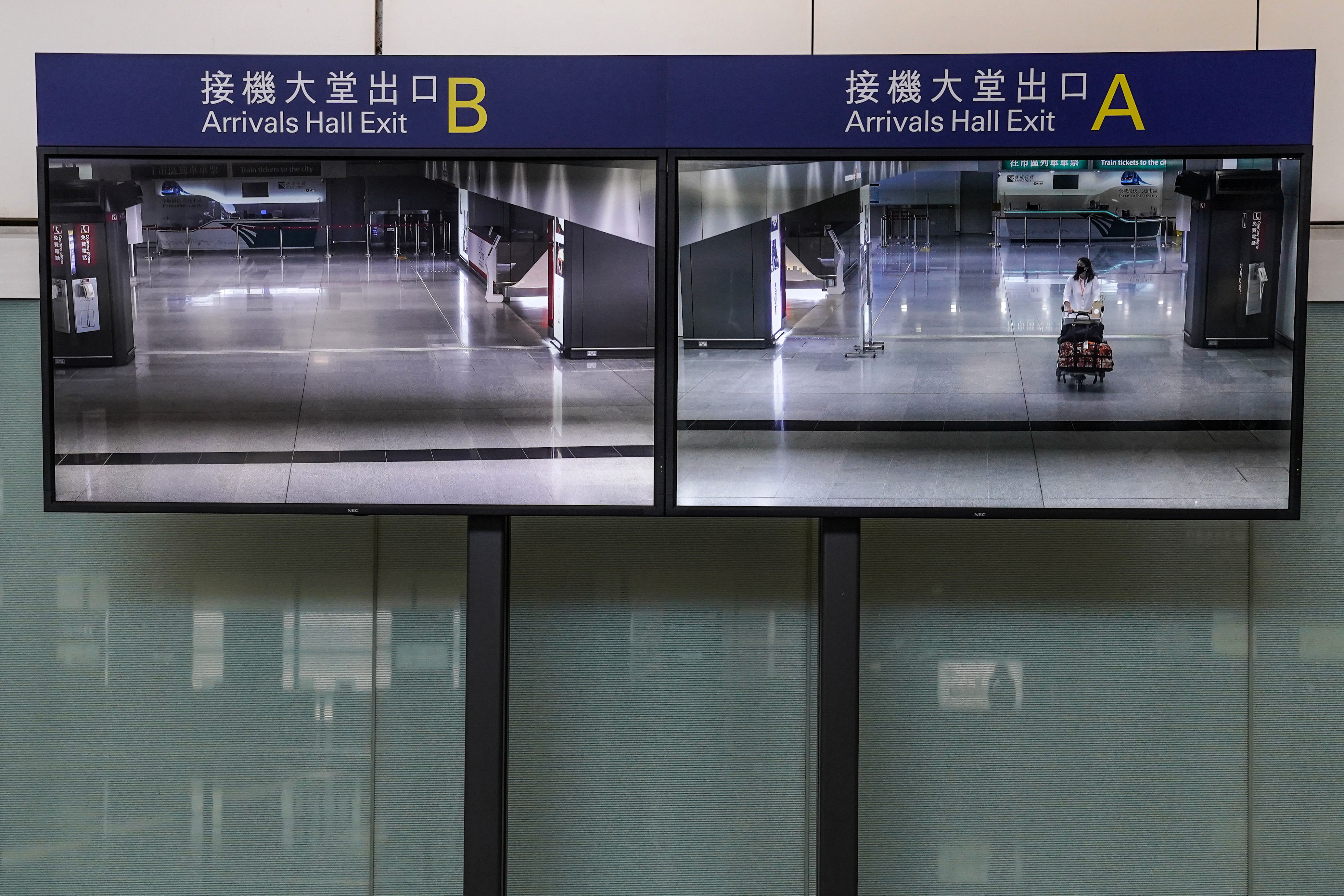 A traveler in the arrivals hall is seen on a screen at Hong Kong International Airport on July 15. Lam Yik/Bloomberg/Getty Images
A traveler in the arrivals hall is seen on a screen at Hong Kong International Airport on July 15. Lam Yik/Bloomberg/Getty ImagesPassenger arrivals at Hong Kong International Airport (HKIA) in July plummeted by 98.6% year-on-year, the city's airport authority has said.
Just 96,000 people landed at the airport in July 2020. Officials also recorded a 7.3% decline in cargo passing through the airport.
"Cargo throughput declined 7.3% to 372,000 tonnes compared to the same month last year," the statement said, noting that cargo heading to or from southeast Asia, mainland China and Europe had decreased most significantly.
Hong Kong has struggled to contain a third wave of the virus in recent weeks, with a number of local transmissions linked to family gatherings and workplaces emerging.
The city has reported 4,312 cases and 66 deaths overall, according to Johns Hopkins University.
Teachers face Covid-19 fears as US school districts decide whether to reopen in person
From CNN's Ryan Prior
On Tuesday night, Aaron Fortner, a high school English teacher in Missoula, Montana, sat at his computer for nearly four hours watching a virtual meeting of Missoula County Public Schools' board of trustees. Leaders listened as citizens weighed in against starting the school year in person.
"Out of 50 or 60 public comments, only one person supported in-person learning," he said. "I was hopeful."
Fortner hoped on behalf of the rattled teachers he advocated for as a member of the local teacher's union. Those educators were afraid of coronavirus spreading rampantly in schools teeming with crowds of ebullient young people. Without tenure, many teachers didn't feel confident about speaking out, he said. Nonetheless, the community appeared on their side, arguing for virtual classes.
But then the board voted overwhelmingly to support a hybrid model of both online and in-person learning, to be implemented when students return on August 26. His heart sank.
"I was just blown away," he said. "It was a jaw-dropping moment after three and a half hours of public comment. It was an avalanche moment for our community."
Read the full story.
US Supreme Court social-distances from coronavirus decisions
From CNN's Dan Berman
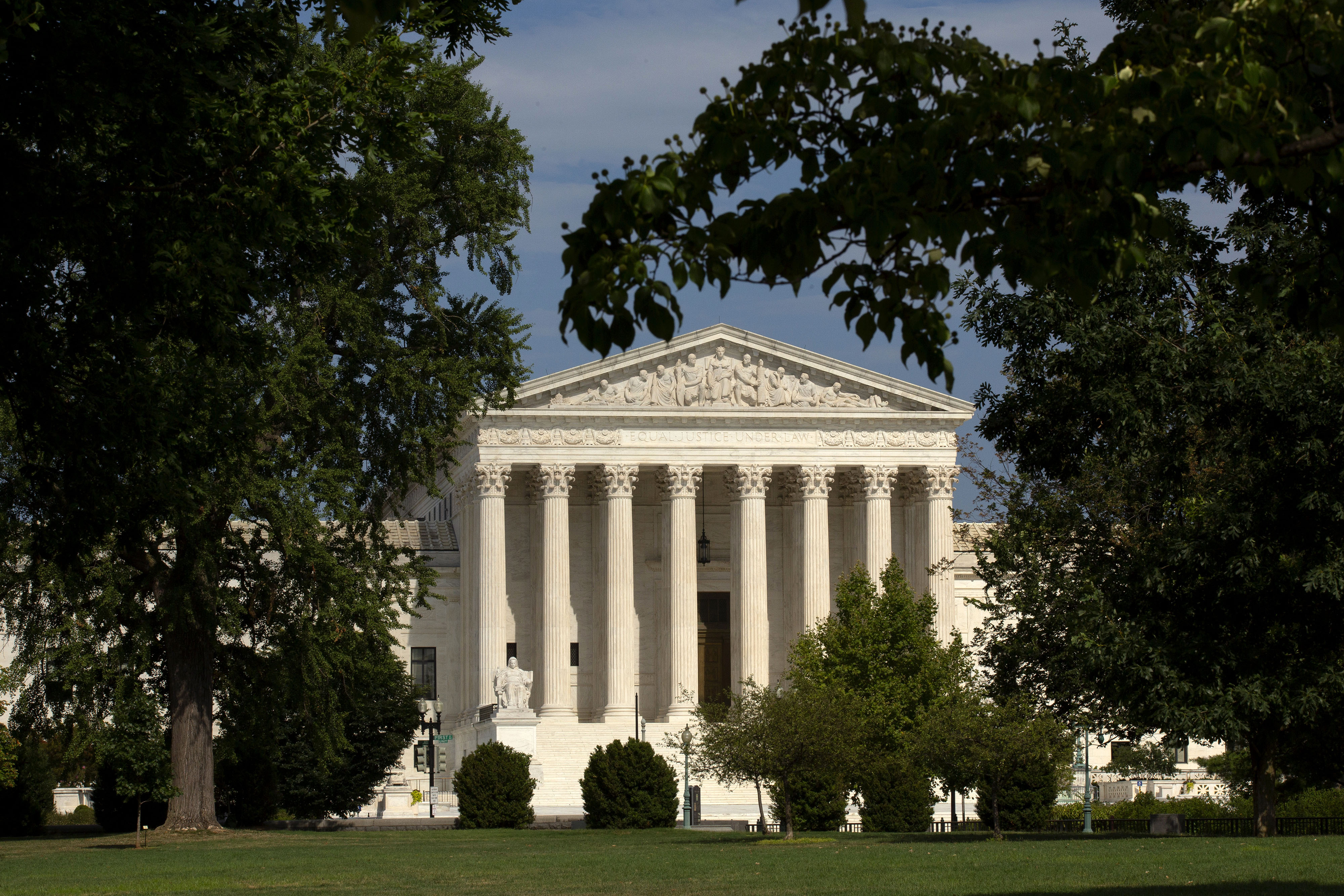 The Supreme Court in Washington, DC, on July 20. Stefani Reynolds/Bloomberg/Getty Images
The Supreme Court in Washington, DC, on July 20. Stefani Reynolds/Bloomberg/Getty ImagesThe US Supreme Court continues to send a clear message when it comes to emergency requests to block or change state actions and regulations tied to Covid-19: not interested.
Whether it's voting access, attendance limits on churches or prison crowding, the court -- steered by Chief Justice John Roberts -- is not yet stepping in to second-guess state or local officials.
The current track could make it harder for Republicans and President Donald Trump to stop states from expanding absentee voting in blue states and could hurt Democrats and liberals in red states who want to loosen voting restrictions due to coronavirus.
So far, however, the pattern has mainly benefited GOP interests and generally limited voting access.
But on Thursday, the justices again backed a state's position when they sided with Rhode Island to turn away a Republican attempt to block an agreement to no longer require two signatures to vote absentee. It's the first time the court came down on the side of expanding voting access after several rulings going the other way in GOP-controlled states like Alabama, Idaho, Texas and Wisconsin.
Read more:

 5 years ago
486
5 years ago
486 